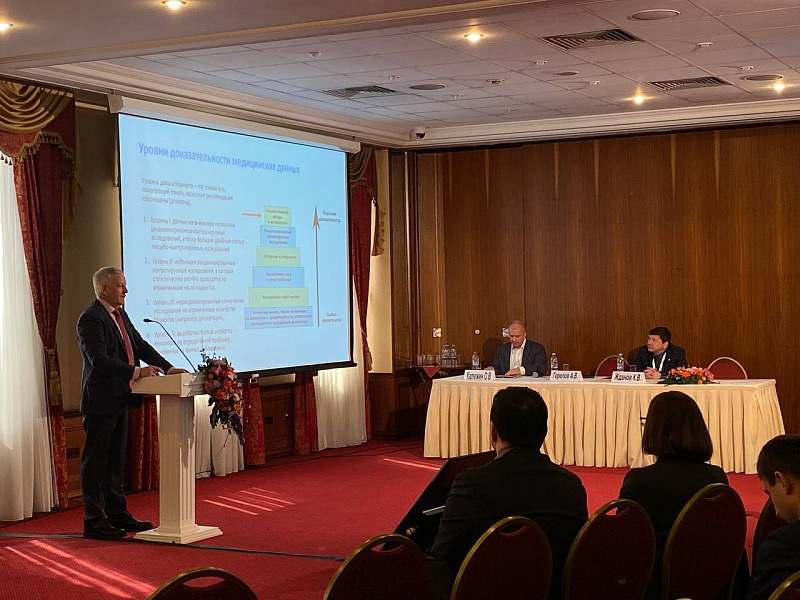
Respiratory diseases are on the rise again

A strong immune system is the basis of human protection against viral infections that spread during the epidemic season. The 15th Academician V.I. Pokrovsky Annual All-Russian Congress on Infectious Diseases was held in Moscow, where leading experts discussed modern approaches to the prevention and treatment of ARI.
With the onset of above-zero (C°) temperatures in early spring, every year we observe an increase in the incidence of respiratory infections. Over the past week in Russia, the number of those sick with acute respiratory viral infections and influenza spiked compared to the previous week. The increase was 72.3 per 10,000 population and was above the baseline by 3.3%[1].
An adequate immune response helps protect the body from infection and serious complications. Immunity is significantly affected by external factors such as stress, lack of sleep, poor diet and infectious diseases. A «weakened» immune system is more susceptible to viruses, and it is quite common for a patient to have another disease caused by a viral or bacterial infection immediately after suffering from one.
At the symposium titled «Evidence-Based Medicine in Immunocorrection. Modern Approaches to the Prevention and Treatment of ARI», experts noted that complex-action immunocorrection drugs can help the body tolerate the disease in a mild form and strengthen the immune system. Among these drugs azoximer bromide (Polyoxidonium®) was highlighted, which poses an effect on all parts of the immune system. It is used for the treatment and prevention of acute infectious diseases and exacerbation of chronic ones.
Clinicians at the symposium placed particular emphasis on the evidence base of azoximer bromide. According to Aleksander Gorelov, RAS Academician, Dr. habil. med, Professor, a meta-analysis of five clinical studies confirmed that the inclusion of Polyoxidonium® in the complex treatment of acute and chronic respiratory infections, in particular influenza and ARVI, allows to control intoxication symptoms better, reduce the severity of the infectious and inflammatory processes and have a positive effect on immune mechanisms. In addition, azoximer bromide has a favorable safety profile.
The ability of azoximer bromide to strengthen immunity and provide protection during times of increased disease risk was demonstrated in a scientific study that involved «red zone» healthcare workers who were taking Polyoxidonium® and other healthcare workers who did not receive immunomodulatory therapy.
THE PRODUCT HAS CONTRAINDICATIONS. CONSULT A SPECIALIST BEFORE USE.
1

